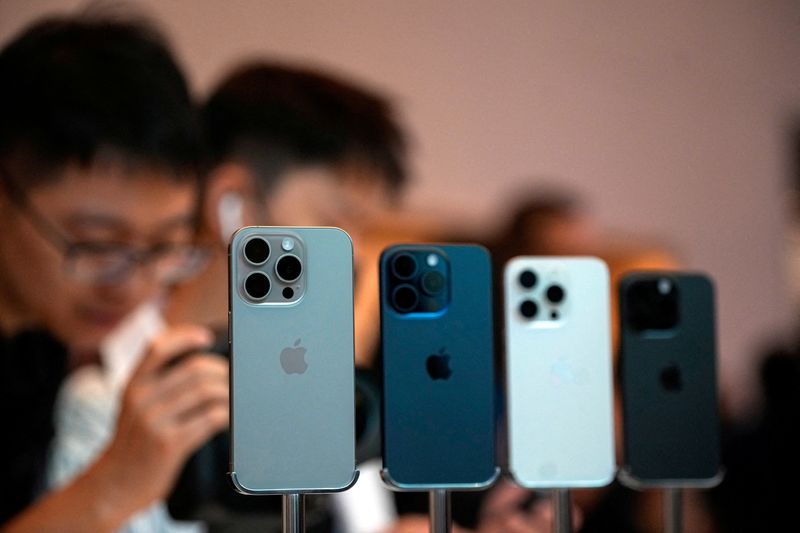It sounds like an idea straight out of a five-year-old’s imagination: A car covered in solar panels runs entirely on energy from the sun. As far-fetched as it seems, this isn’t pure fantasy. Mercedes-Benz says it’s developing a solar paint that would allow electric vehicle owners in places like Los Angeles to power their daily driving without ever plugging in.

The German automaker teased the idea last week during a future technology showcase at its R&D center in Sindelfingen, Germany. The photovoltaic material starts as a paste and is applied to body panels in a layer that’s just 5 micrometers thick — thinner than a human hair. Covering every body panel of a mid-size SUV with the material would create 118 square feet of sun-harnessing surface area, a more than three-fold increase compared to the 32 square feet available from a single flexible panel on the roof.
2025 MotorTrend Car of the Year:Congratulations to the Mercedes-Benz E-Class

EVs and hybrid cars:An electric car-centric world ponders the future of the gas station
Mercedes claims such a vehicle could capture enough energy to drive about 12,500 miles a year in sun-soaked Los Angeles. A cloudier city such as Stuttgart, Germany, sees enough sunshine to provide 7,500 miles a year. Mercedes isn’t saying exactly what the photovoltaic paste is made of other than that it contains no rare earths, no silicon, and relies on readily available, non-toxic raw materials.
Holiday deals: Shop this season’s top products and sales curated by our editors.

Each body panel needs to be galvanically isolated and wired into a power converter that sends the electricity to the battery or directly to the motors. The solar material is topped with a nanoparticle-based paint that allows 94 percent of the sun’s energy to reach the photovoltaic coating while offering a full spectrum of color choice. Darker colors capture more energy than lighter hues, with the coated body panels achieving up to 20 percent efficiency in turning sunlight into electricity. That’s on par with today’s commercially available solar panels.
As an advanced research project, it’s too soon to know if this solar paint will make it to production, but the fact that Mercedes is talking about it publicly means there’s some substance behind the concept. Here’s to hoping the future includes cars fueled by free energy.
Photos by manufacturer















